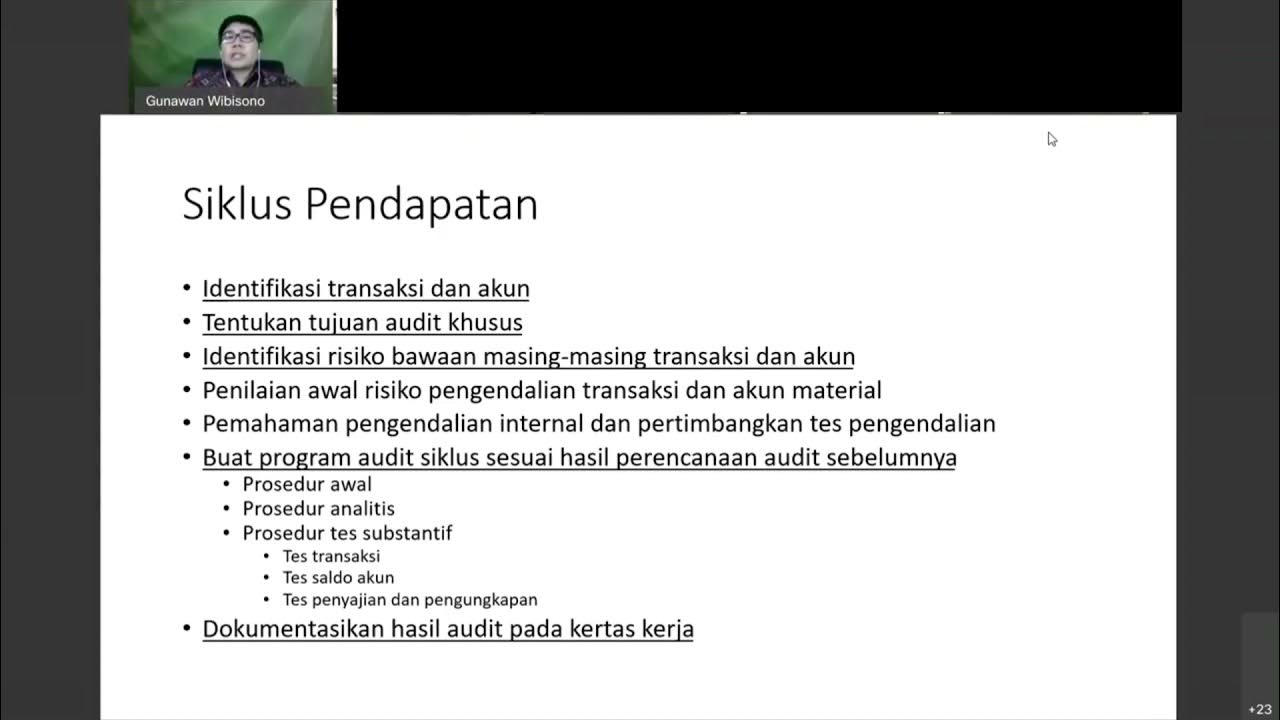OIG Audits: A Case Study
Summary
TLDRThis video script discusses audit findings from a U.S. higher education institution, focusing on travel expenses. It covers unallowable travel costs, unsupported documentation, and business class travel scrutiny. The script emphasizes the importance of complying with uniform guidance, federal regulations, and university policies. It also stresses the need for clear documentation to justify travel expenses and the extra scrutiny given to travel at the end of an award period.
Takeaways
- 🔍 Audits scrutinize travel expenses closely, especially those near the end of an award period.
- 📄 Unallowable travel expenses can occur when charges are made to an award that doesn't benefit from the travel or after the award's expiration date.
- 🚫 Unsupported travel expenses, such as those with illegible documentation, can lead to disagreements with auditors.
- 💳 The university's policies on travel, especially for business class, must align with federal regulations and NSF rules for costs to be allowable.
- 🏫 Universities must enforce their own travel policies to avoid discrepancies during audits.
- 📝 Clear documentation is crucial to demonstrate the necessity, reasonableness, and benefits of travel expenses.
- 🛫 Business class travel requires extra scrutiny and must meet all criteria set by the uniform guidance and university policies.
- 📈 Training staff on proper documentation can reduce audit disputes and unnecessary resource expenditure.
- 🔗 NSF's audit resolution team may uphold auditors' findings even if the university disagrees, emphasizing the importance of compliance.
- ⚠️ Institutions should ensure that stated policies are enforced to avoid audit findings that could question their compliance.
Q & A
What was the total amount of money audited over the three-year period at the U.S. institution of higher education?
-The audit encompassed about $258 million over a three-year period.
What was the first finding regarding travel expenses?
-The first finding was for just over $20,000 in unallowable travel expenses related to travel that did not benefit the award or took place after the award's expiration date.
What was the university's response to the first finding?
-The university agreed with the first finding, and NSF's audit resolution team sustained the finding.
What was the second finding and how did the university respond?
-The second finding was for just over $2,600 in unsupported travel expenses due to illegible supporting documentation. The university disagreed with the finding, providing a credit card statement and the PI's explanation as evidence.
What was the outcome of the second finding after the audit resolution process?
-NSF ultimately concurred with the auditors and sustained the finding, stating it was an unsupportable cost.
What was the third finding regarding travel expenses?
-The third finding was for unallowable business class travel that did not qualify under the university's policies or uniform guidance.
What was the key takeaway regarding travel at the end of an award?
-Travel at the end of an award will receive extra scrutiny from auditors. It is recommended to train staff to document why such travel is necessary, reasonable, and benefits the award.
Why is business class travel scrutinized by auditors?
-Business class travel is scrutinized because it is only allowable under certain circumstances, and auditors ensure it complies with both federal regulations and the university's policies.
What is the importance of enforcing university policies as stated?
-Enforcing stated university policies is important because auditors will hold the institution to comply with them. Having unenforced policies can lead to audit findings if they are not adhered to.
What is the implication of having a policy that is not enforced?
-Having a policy that is not enforced can be problematic because during an audit, the institution will be expected to comply with it, even if it is not routinely followed.
What advice is given to institutions to avoid unnecessary resources expenditure during an audit?
-Institutions are advised to ensure clear documentation for travel expenses, especially at the end of an award and for business class travel, to avoid extensive back-and-forth with auditors and potential audit findings.
Outlines

Esta sección está disponible solo para usuarios con suscripción. Por favor, mejora tu plan para acceder a esta parte.
Mejorar ahoraMindmap

Esta sección está disponible solo para usuarios con suscripción. Por favor, mejora tu plan para acceder a esta parte.
Mejorar ahoraKeywords

Esta sección está disponible solo para usuarios con suscripción. Por favor, mejora tu plan para acceder a esta parte.
Mejorar ahoraHighlights

Esta sección está disponible solo para usuarios con suscripción. Por favor, mejora tu plan para acceder a esta parte.
Mejorar ahoraTranscripts

Esta sección está disponible solo para usuarios con suscripción. Por favor, mejora tu plan para acceder a esta parte.
Mejorar ahora5.0 / 5 (0 votes)






